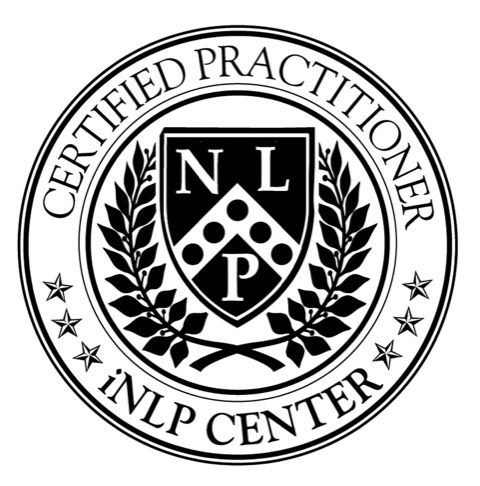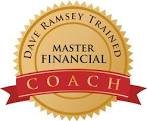Anger Management and Conflict Resolution
Anger is a normal human response and reaction to what upsets us. It’s important to understand that it’s very human to feel angry. Anger is part of our emotions and we’re allowed to feel it. Some of us have learned to self-manage our anger and some of us remain quiet until it begins to subside. For some of us, however, anger becomes too intense to manage on our own, and we become aggressive verbally or physically, sometimes ending in rage.
Rage is a more violent type of anger and it can become unrestrainable when we reach the boiling point. Beyond saying the wrong thing, rage can push us to the point of physical reaction. When anger becomes rage, it becomes a dangerous response to those around us. Intermittent Explosive Disorder (IED) is a disorder seen as quick-tempered bursts of anger and sometimes violence. Anger management therapy can help with IED, rage and anger.
Anger Management
One out of five Americans has an anger management problem. Anger management refers to the control of anger outbursts, as well as their successful prevention.
Within a successful anger management program, patients learn techniques to control their anger and to recognize the signs before an outburst can occur. Anger management isn’t about not feeling anger, it’s about controlling our response when we feel it. If you learn how to control your emotions overall, you’ll inevitably control your anger.
How to Control Anger Before an Outburst?
Harnessing our anger can be challenging, especially if the feeling of anger inside escalates quicker than we expect. But, how to control anger? Here are three anger management techniques to help to control your anger as it escalates:
Exercise. When you’re feeling anger come up, move. According to the Mayo Clinic, physical activity can help reduce the stress that causes anger. At the onset of your anger, I recommend going for a walk, a run, or to do one of your favorite activities. Not only will you distract your brain from the situation, but your outburst may lessen. Additionally, if you’re going into a situation where you feel you may become angry, we recommend doing your favorite healthy physical activity before entering the situation.
Figure out what’s really behind your anger. Often times, the anger is the final result to something bigger. Something has made you angry, yes, but there’s likely something else happening. There are more reasons than we care to explain for what’s causing our anger. Deep-rooted feelings of hurt, anxiety and isolation can play a part on what’s really behind our anger. We recommend working with your counselor or therapist to find out your root causes and how to release them. Remember, feeling angry is normal and we should not ever keep it in. It’s how we show anger and manage it that’s the answer to a more peaceful life.
Pay attention to your triggers. As you do this work, I recommend paying attention to your triggers. When you feel that initial quickening of anger, what’s the cause? Did someone challenge you? Made you feel inferior? Made you feel like you didn’t know your area expertise? Did you feel like a child? Were you trying to make your point with force? Why? Finding your triggers goes beyond looking at the culprit of your anger, it looks at you as well. Ask yourself: “Why was the fact that _____ wasn’t listening made me so angry?” “Why is this a trigger for me?” Working with a therapist can help to find your triggers and figure out how to appease them.
How to Deal with Anger
How to deal with anger is an important topic for people who outburst (and their families). The first thing we recommend is removing yourself from situations that bring out your anger. This is difficult because when we’re angry we want to make our point. The feeling of “being right” or of “having to make our point” will linger for a while, but after, you’ll be glad you didn’t have an outburst.
I also recommend choosing your battles. There’s a moment of choice when we’re becoming angry. Use those few seconds to your advantage to choose your battles. Remember, feeling anger is normal and healthy, it’s how we show our anger that matters. If conflict resolution is necessary after an outburst, I can give you the necessary tools for healthy conflict management.
Who Can I See in Richmond, Virginia?
Looking for a professional anger management or conflict resolution therapist in Richmond, Virginia? I offer a wide variety of counseling, including anger management, to help you harness your outbursts and discover how to handle these outbursts for a more fulfilling future. When you’re looking for an anger management professional “near me” in Richmond, Virginia, contact me today to schedule an appointment. I am committed to help you manage your anger and to your overall future emotional success.





